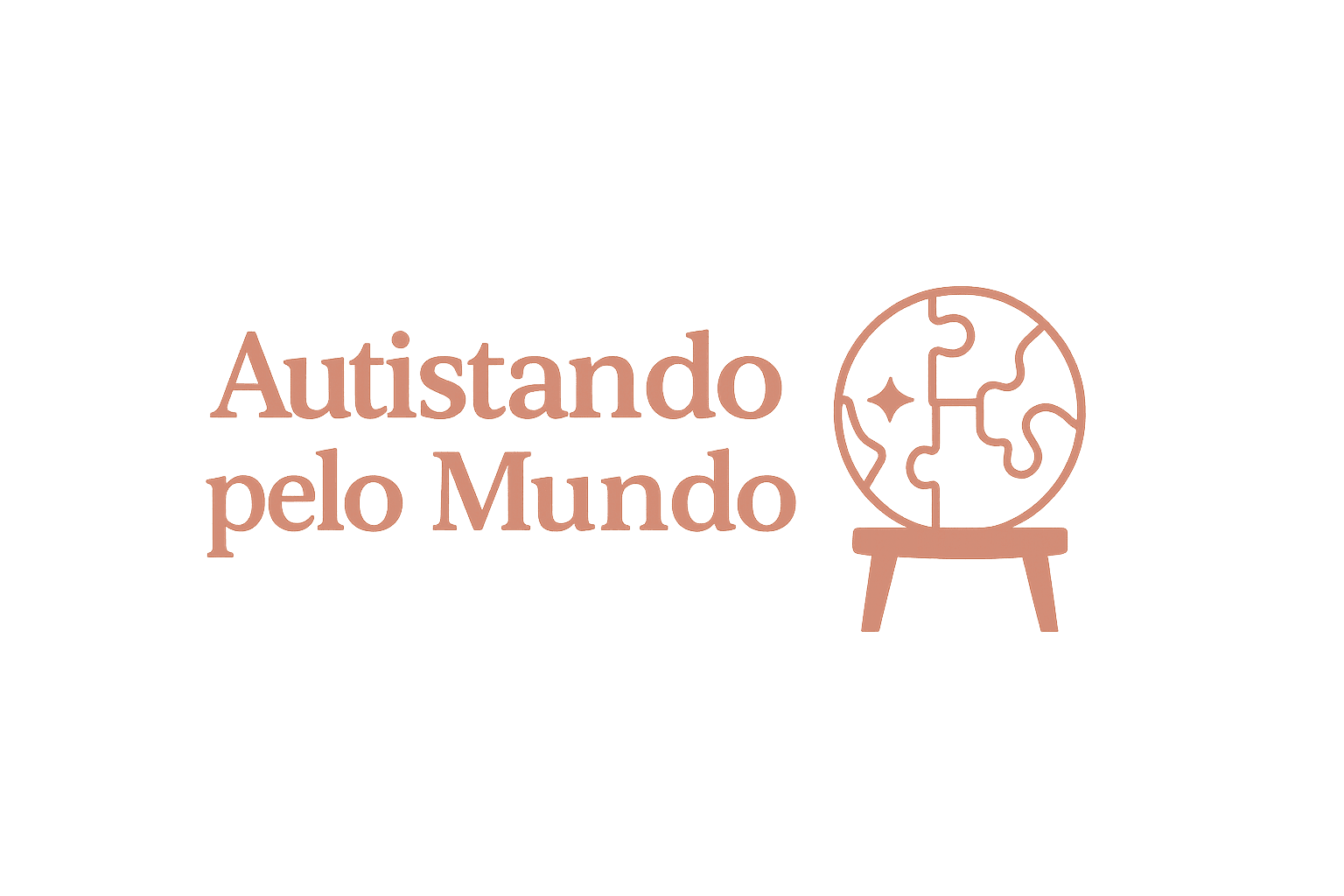🧠 Travel rights for autistic people: priority queue, discounts, and exemptions
Traveling can be an incredible experience, but for families with autistic individuals, it's essential to understand their legal rights to ensure a smooth, safe, and welcoming journey. In this post, we've gathered valuable information about priority in queues, ticket discounts and important exemptions that make all the difference.
🎟️ Are autistic people entitled to a discount on tickets?
Yes! People with Autism Spectrum Disorder (ASD) have the right to half-price in cultural, sporting and leisure events throughout Brazil, thanks to Law 12.933/2013, which was expanded by Statute of Persons with Disabilities (Law 13,146/2015).
Additionally, many parks, museums, and tourist attractions offer specific discounts or even free entry for the companionIt is important to check the policy of each location, and always present:
- Identity document;
- Medical report or identification card of the person with ASD (CIPTEA);
- Proof of companion, if applicable.
🚶♀️ Is preferential queue for autistic people mandatory?
Yes. Since the sanction of the Law 14.019/2020 and reinforced by Romeo Mion Law (Law 13,977/2020), people with ASD have the right to priority care, as is already the case for the elderly, pregnant women, and people with physical disabilities. This applies to:
- Ticket office queues;
- Entrance to attractions;
- Public and private places such as banks, airports and supermarkets.
To facilitate access to this right, it is recommended to carry the CIPTEA (Identification Card for People with Autism Spectrum Disorder), which is valid nationwide.
🚗 Parking and mobility: what is guaranteed?
People with ASD have the right to use special parking spaces, according to the Statute of Persons with Disabilities. To do this, it is necessary to have the special vacancy credential issued by Detran or city hall.
In addition, many cities have free public transportation programs for people with disabilities and their companions. Check with your city before traveling!
🛫 At airports and bus stations
THE ANAC (National Civil Aviation Agency) determines that people with disabilities, including those with autism, have priority boarding, assistance with check-in, and access to the cabin before other passengers. See ANAC accessibility booklet.
At bus stations, the Free Law (Law 8.899/1994) guarantees free interstate transportation for demonstrably needy people with disabilities. Autism falls into this category with a report and up-to-date documentation.
📃 Useful documents to take on your trip
- ID or birth certificate of the autistic person;
- Medical report with ICD F84.0 or ICD-11 6A02;
- CIPTEA (if applicable);
- Vaccination card (for places with health requirements);
- Parking credential (if applicable);
- Local priority cards, if applicable (such as urban transport);
- Proof of free transportation (in case of interstate travel).
🧩 Conclusion
Understanding the rights of autistic people when traveling is essential to ensuring a smoother and fairer experience. Federal laws, such as the Romeo Mion Law and the Statute of Persons with Disabilities, are there to be enforced—and the more families know about this, the stronger the fight for truly inclusive tourism will be.
If you've had any experience using these rights while traveling, please share them in the comments or on our social media. Your experience could help other families!
📝 Want more practical tips and inclusive content? Visit our homepage: autistandopelomundo.com

📣 Share your inclusion experience!
Have you had a positive accessibility experience at a park, hotel, restaurant, or other location? Your story could help other families plan more inclusive trips.
Send your report and it may appear here on the website, in our section Reviews or General Tips!

Don't miss any tips!
Sign up and receive our inclusive tourism experiences directly to your email.
Want to make tourism more inclusive?
We are open to partnerships with accessible spaces, inclusive inns and projects that value diversity.
Get in touch and let's talk!